Search
Search Results
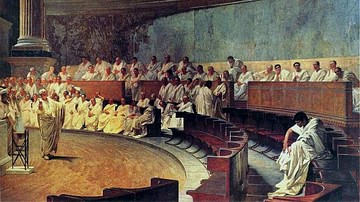
Definition
Roman Senate
The Roman Senate functioned as an advisory body to Rome's magistrates and was composed of the city's most experienced public servants and society's elite. Its decisions carried great weight, even if these were not always converted into laws...
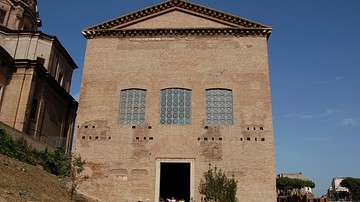
Definition
Roman Government
Western Civilization is forever indebted to the people of ancient Greece and Rome. Among the numerous contributions these societies made are in the fields of art, literature and philosophy; however, perhaps their greatest gift to future generations...
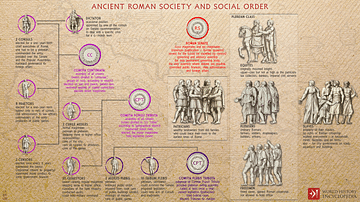
Definition
Roman Constitution
Roman constitution was an accumulation of laws, legal decisions, and ancient customs. While today 'constitution' usually refers to a single act of legislation, this was not the case in ancient Rome. Instead, Roman government relied on the...

Definition
Cato the Younger
Marcus Porcius Cato (95-46 BCE), better known as Cato the Younger or Cato of Utica, was an influential politician of the Roman Republic. As the great-grandson of Cato the Elder and a dedicated student of Stoicism, he believed in traditional...
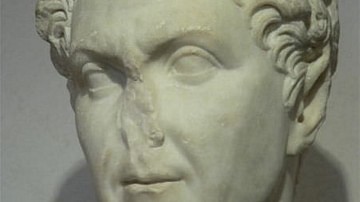
Article
Sulla's Reforms as Dictator
Lucius Cornelius Sulla (l. 138 - 78 BCE) enacted his constitutional reforms (81 BCE) as dictator to strengthen the Roman Senate's power. Sulla was born in a very turbulent era of Rome's history, which has often been described as the beginning...
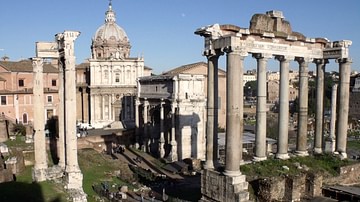
Definition
Quaestor
The quaestor ("the one who asks questions") was the oldest and lowest office on the cursus honorum, or "path of honor" in ancient Rome. Considered a stepping stone to higher office in the Roman government, the duties of the quaestor ranged...
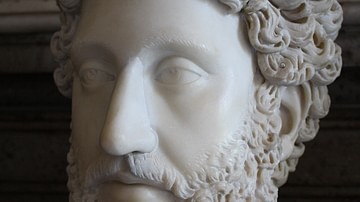
Definition
Roman Emperor
Roman emperors ruled the Roman Empire starting with Augustus in 27 BCE and continuing in the West until the late 5th century CE and in the Eastern Roman Empire up to the mid-15th century CE. The emperors took titles such as Caesar and Imperator...

Article
Cicero & the Catiline Conspiracy
The Roman Republic was in death's throes. Within a few short years, the “dictator for life” Julius Caesar would be assassinated, and, as a result, the government would descend into chaos. The consequence of a long civil war would bring the...

Article
The Reforms of Peter the Great
Peter I of Russia (Peter the Great, l. 1672-1725) was the Tsar of Russia from 1682 to 1721 and the Emperor of Russia from 1721-1725. The lasting impression of Peter's long reign is the significant changes he brought to Russia due to his various...
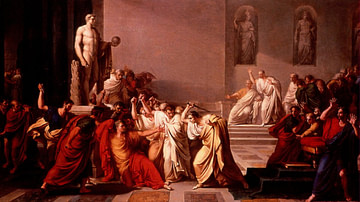
Article
The Assassination of Julius Caesar
Veni, vidi, vici! This was the simple message the Roman commander Julius Caesar sent to the Senate in Rome after a resounding victory in the east against King Pharnaces of Pontus - a message that demonstrated both arrogance as well as great...